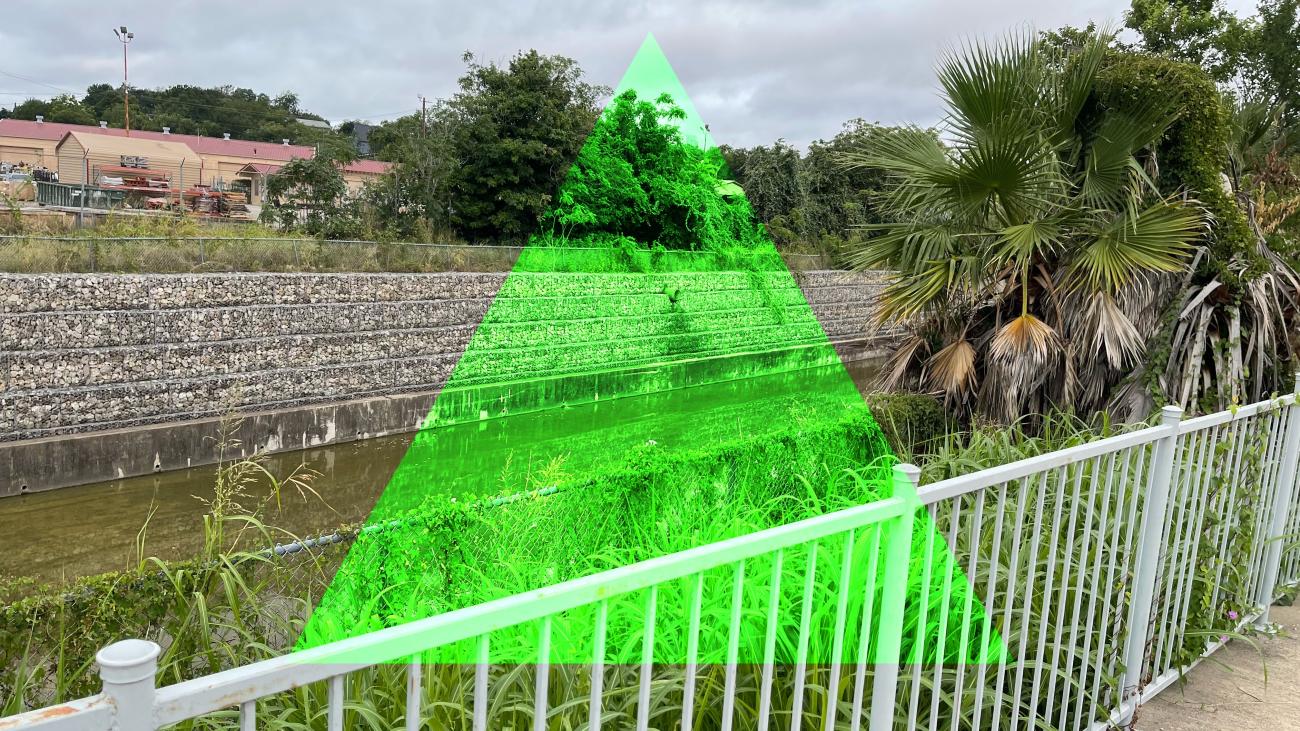
The city of Austin, Texas, like many urban areas, grapples with a persistent issue: waste management. A significant part of this waste includes food scraps and garden clippings. Although they are organic and biodegradable, their disposal presents an environmental challenge due to the release of potent greenhouse gases when they decompose in landfills.
Enter ReLeaf, a ground-breaking cooperative based in Austin, transforming the city's waste landscape. By converting organic waste into lush vertical gardens, ReLeaf offers an innovative and eco-friendly solution to the waste problem.
Instead of letting organic waste rot in landfills, ReLeaf harnesses this nutrient-rich material to cultivate living walls. These vertical gardens not only reduce waste but also contribute to a greener, more vibrant city.
The process echoes the principles of composting but elevates it to an urban scale. Organic waste collected from residences and businesses is transformed into thriving gardens, each telling a unique story of waste turned into life.
ReLeaf’s mission aligns with the broader goals of climate action. Conventional waste decomposition in landfills releases methane, a potent greenhouse gas. By composting organic waste, we reduce methane emissions and, at the same time, enhance soil health and productivity with the resulting compost.
Furthermore, the approach ReLeaf is taking supports the international "4 per 1000" Initiative. By composting organic waste, we can sequester carbon in the soil instead of releasing it as CO₂. This process, known as carbon drawdown, can help mitigate climate change and is an integral part of ReLeaf’s vertical gardens.
ReLeaf's model also presents a golden opportunity for precision composting. By aligning composting methods with specific plant species and environments, we can increase plant growth and enrich soil with organic carbon.
The potential of ReLeaf's approach extends beyond individual households. Its vertical garden model could catalyze a revolution in larger-scale urban waste management and agriculture. The benefits are substantial, including improved crop yields, healthier soil, and increased carbon sequestration.
Austin's waste issue is significant, but innovative solutions like ReLeaf are offering a promising future. By reimagining our approach to waste, we can turn a challenge into a win-win situation for our homes, our city, and our planet. With ReLeaf, Austin's waste problem could soon become a blooming testament to sustainability and innovation.